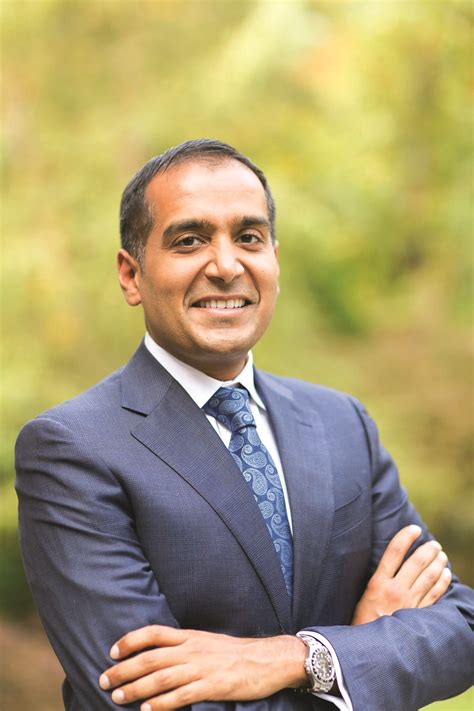A Quote by Mike Braun
Armed with pricing information, health care consumers can punish providers that price gouge, waste resources, or engage in surprise billing by taking their business elsewhere.
Related Quotes
In business, you don't necessarily need heart, whereas here, in government, almost everything affects people. So if you're talking about health care - you have health care in business but you're trying to just negotiate a good price on health care, et cetera, et cetera. You're providing health. Here, everything, pretty much everything you do in government, involves heart, whereas in business, most things don't involve heart. In fact, in business you're actually better off without it.
On the information technology side, health care is still behind other industries. There needs to be a real push to create better electronic health records, more inter-operability amongst various types of electronic systems and cybersecurity is becoming a huge deal in in health care. Health care records are highly sought after by virtue of the fact that not only do you have somebody's person financial information, you also have their person medical information.
Cerner's focus over the last 20 years has been to provide healthcare, predominately healthcare providers, with advanced clinical and management information systems. Our mission is to connect the appropriate persons, knowledge, and resources at the appropriate time and location to achieve the optimal health outcome.
A central notion in the Affordable Care Act was we had an inefficient system with a lot of waste that didn't also deliver the kind of quality that was needed that often put health care providers in a box where they wanted to do better for their patients, but financial incentives were skewed the other way... We don't need to reinvent the wheel; you're already figuring out what works to reduce infections in hospitals or help patients with complicated needs.
































